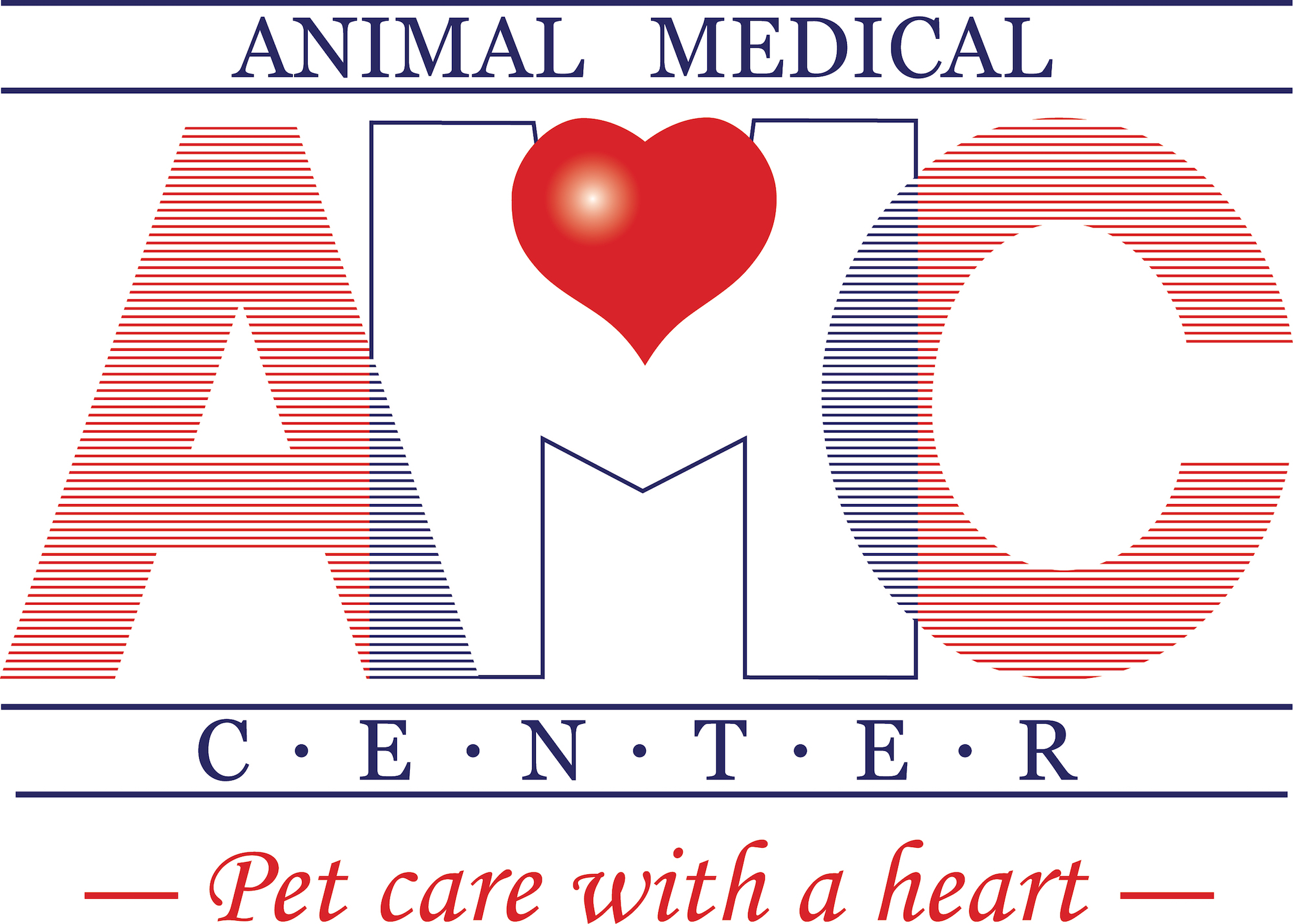Library
-
Good hygiene takes practice, but starting early will make keeping your pup clean easier for his entire life. You can start some of these jobs shortly after your puppy arrives home. Be sure to keep a calm voice and use food rewards as positive conditioning to make it a positive experience.
-
The pro-opiomelanocortin (POMC) gene, if mutated, can contribute to increased body fat and body weight and increased food motivation in affected dogs. At this time, this gene mutation has only been found in the Labrador Retriever and Flat-coated Retriever and affects the majority of those working as service dogs. This handout explains how the POMC gene mutation was discovered, how it impacts affected dogs, and how you can support your dog if affected.
-
Progressive retinal atrophy (PRA), is a group of degenerative diseases that affect photoreceptor cells in the eyes. With this disease, the cells deteriorate over time, eventually leading to blindness. There are two main forms of PRA recognized in dogs: an early-onset, inherited form called retinal dysplasia, and a late-onset form. PRA is an inherited disease that occurs in many breeds of dogs. When a dog develops PRA, it should be removed from the breeding program, along with its parents and siblings. As PRA progresses, your dog's vision gradually worsens until he becomes completely blind. There is currently no effective treatment for PRA.
-
Tumors of the prostate are relatively uncommon in dogs and extremely rare in cats. Clinical signs include bloody urine, or straining to urinate or defecate. Metastasis to the pelvic bone and/or lumbar spine is likely. Diagnosis and treatment options are discussed. Prognosis is considered poor.
-
Prostatic disease can be uncomfortable for a dog, particularly if it causes compression of the urethra or colon. Because there are many diseases of the prostate, it is necessary to perform several tests to determine the exact cause of a patient's condition. This handout provides explanations of the seven most common conditions affecting the prostate and the corresponding approaches to treatment.
-
Enteropathy means any disease of the intestinal system. Protein-losing enteropathy (PLE) is not a specific disease but a group of diseases that cause the loss of proteins from the bloodstream into the gastrointestinal (GI) tract. Symptoms include diarrhea, weight loss, and fluid buildup in areas of the body. Treatment and prognosis are determined by the underlying cause.
-
Life with puppies is complicated, and all puppies will sometimes do things their owners find problematic. Using management, planning, supervision, and positive reinforcement for the right behaviors will help puppies succeed, and owners better enjoy their companions.
-
Every puppy will become a dog who needs veterinary care, grooming, and handling. Starting in puppyhood, owners can use positive training techniques to teach their puppies how to accept and enjoy restraint, basic procedures, and home husbandry.
-
Training basic cues such as "sit", "stand", and "lie down" can set the foundation for all future training. These basic skills are useful behaviors that encourage good manners and tolerance of husbandry and veterinary care. Training your dog to understand cues improves communication with your puppy and improves the predictability of all interactions. Training methods based on positive reinforcement include luring, capturing and shaping.
-
Providing puppies with positive socialization experiences may prevent the development of future fears. Puppy socialization must be done gently to avoid accidentally causing fear. Puppies are most primed for socialization before the age of 14 weeks. By taking precautions, some careful socialization can and should be done even before puppies have completed their entire vaccination series.

